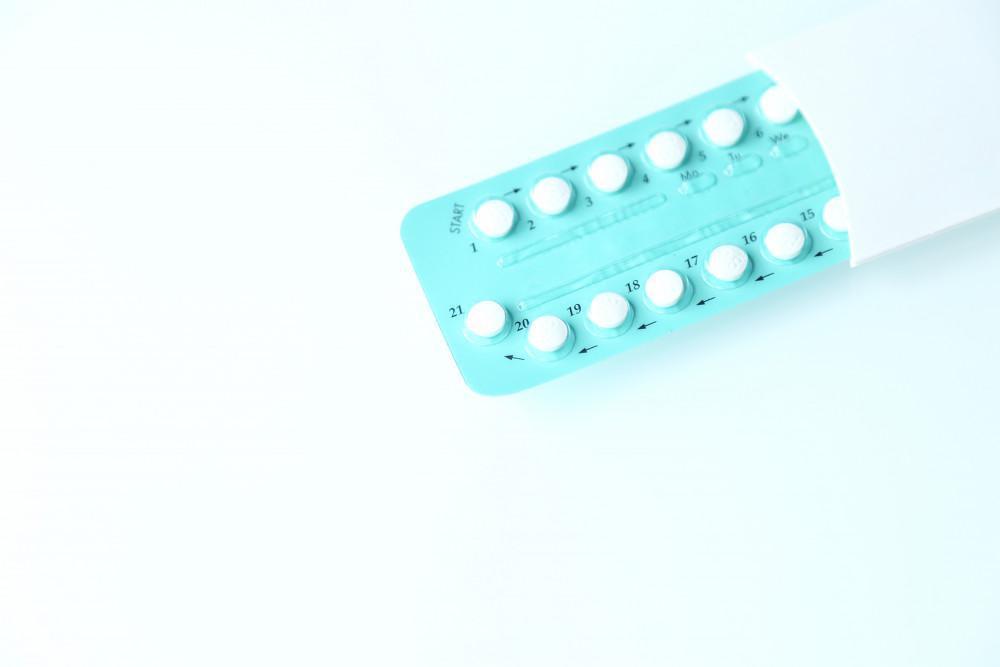Women haven’t always had a choice when it comes to family planning, but the pill changed everything. Later, the intrauterine device (IUD) was developed to provide an even more secure way of preventing pregnancy. Which option is right for you?
At Indus Healthcare, with offices located in Pomona, West Covina, and Montclair, California, Dr. Amit Paliwal provides a range of women’s health services, including various types of birth control such as the pill and the IUD.
Types of contraceptives
There are many ways to prevent pregnancy, and most modern forms are highly effective when used properly. Two of the most popular choices are the pill and the IUD.
Birth control pills
The most common and easily obtained type of birth control is “the pill.” Birth control pills contain small doses of hormones designed to help prevent you from ovulating. If you don’t ovulate, an egg will never be present for sperm to come in contact with, and fertilization won’t be able to occur.
Your body makes different amounts of different types of hormones at specific times during your cycle. Your cycle consists of ovulation, a fertile period when you can become pregnant, menses (your period), and the follicular phase, which is the time when your body prepares to ripen another egg for ovulation to repeat the cycle.
Combination pills have both progestin and estrogen, two different types of hormones. Mini pills only have progestin. Make sure your doctor knows whether you need the pill to actually prevent conception, or if you need it to reduce the severity of your periods or to help control acne. Even women who’ve had their tubes tied often use the mini-pill to reduce other symptoms.
Birth control pills can be 91+% effective, but you have to take your pill at the same time every day and be aware if something else could increase your chances of pregnancy by decreasing the effectiveness of the pill.
Certain medications, like antibiotics, can render your pills ineffective, and you could get pregnant. You can also get pregnant even if you only miss one pill through forgetting or vomiting it up shortly after taking it.
Intrauterine devices
IUDs are tiny implants inserted into the uterus. These are even more effective than the pill, since they aren’t dependent on you remembering to take a dose every day at the same time, and oral medications typically don’t affect them.
Some IUDs are hormonal, meaning they release hormones a tiny bit at a time over a period of several years. Others are made of copper, which causes an inflammatory response and makes the uterine fluids inhospitable to sperm.
An IUD can last for up to 10 years and doesn’t require any maintenance. Two out of three women say there’s some discomfort during the insertion process and for a few days thereafter, but the effectiveness of IUDs usually outweighs this side effect.
Do you need control over whether or not you become pregnant? Get in touch with the team at Indus Healthcare. To schedule an appointment, call the location closest to you, or visit the contact page for more information.







